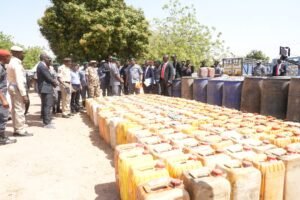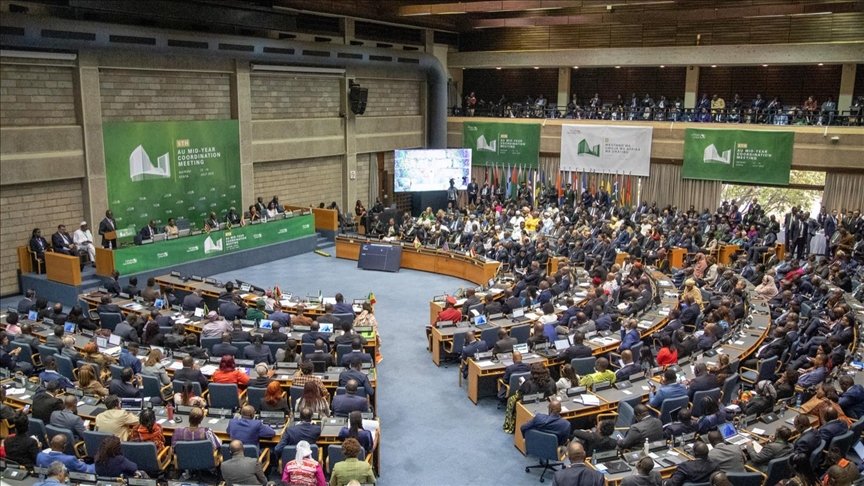The world is on edge as Iran’s parliament approves a plan to close the Strait of Hormuz—a narrow waterway through which nearly 20 percent of global oil flows—following US strikes on its nuclear sites. Korede Abdullah in Lagos, analyses the development, as leading world powers develop strategies for dealing with the situation.
While the final decision rests with Iran’s Supreme National Security Council, the threat alone has already rattled markets. For Nigeria, Africa’s largest oil producer, the closure could paradoxically deepen economic woes rather than offer gains.

With crude oil prices projected to surge by 30–50 percent or more, experts warn that the country’s reliance on fuel imports, coupled with its fragile currency, will drive inflation to new highs, pushing the cost of goods and services beyond the reach of many citizens.

Fuel Imports Could Become Nigeria’s Weakest Link
Although Nigeria exports crude, the nation’s chronic dependence on imported refined fuel products means it will not reap the full benefits of soaring oil prices. The increased cost of importing petrol, diesel, aviation fuel, and other essentials will likely trigger sharp hikes in transport fares, food prices, and electricity tariffs.
Analysts note that the country’s struggling refineries and persistent subsidy pressures will further complicate efforts to cushion citizens from the inflationary wave that a Hormuz closure would unleash. Even the recent push towards local refining may not be enough to shield Nigerians from the fallout.

At first glance, a spike in global oil prices might seem like good news for Nigeria’s earnings. However, experts highlight that the net impact could be negative as higher export revenues are offset by surging import bills and fresh pressure on foreign reserves.

Already grappling with naira depreciation and high debt service obligations, Nigeria risks falling into deeper economic distress if global energy supply chains are disrupted. The ripple effect could mean higher costs for industries reliant on imported inputs, slowing production and threatening jobs across sectors.
A Perfect Storm for Inflation and Hardship
Experts caution that if the Strait of Hormuz is blocked, the resulting global inflation will amplify Nigeria’s internal economic challenges. It’s believed that the closure would also have significant implications for global energy security.

They point out that countries such as Saudi Arabia, Iraq, the UAE, Qatar, Iran, and Kuwait rely heavily on this waterway for oil exports. Any disruption to this supply would have far-reaching consequences for the global economy. Furthermore, Asian nations like China, Japan, India, and South Korea, which are major importers of oil from the region, would be severely impacted.


With oil being central to transport, manufacturing, and power generation, the cascading effect on inflation could be severe. Many foresee a situation where households face escalating costs for basic goods while businesses contend with skyrocketing overheads. As the world anxiously awaits the Supreme Council’s decision in Tehran, Nigeria braces for a crisis that could stoke hardship even in an oil-rich land.



